Freedom and Equality:
The system of Government in India is a democratic one. Democratic government is built around two very important ideas- Freedom and Equality. Democracy is a form of government that gives people freedom. Within certain limits, they can do whatever they want. They have rights that the government cannot take away normally. They can think and say what they like. But all these are also related to the ideas of equality. In other words, Freedom and Equality go together.
Equality is of many types. The first is political equality. This means that in a democratic country everybody irrespective of caste, creed, religion and sex has equal political rights. Everyone has one vote. Besides political equality, there is social equality. The worst form of social inequality in India was the caste system especially the practice of untouchability. This meant that the people could not treat each other as equals. There were restrictions placed on marriage- no inter-caste marriages. People from different castes could not eat together. Usually, the different types of occupations were so divided that from the lower castes were also the people with the lowest incomes. Obviously, this sort of social inequality was against the principles of democracy which requires that all the citizens should be equal and have equal rights.
Democracy, however, does not mean just political and social equality- it also involves economic equality. Only having the right to vote is not enough. If some people are very rich while others live in poverty, true democracy is not possible in that kind of society. Thus men should be equal not only in politics but also in economic life, and enjoyment of various things that money can buy is called economic equality.
Thus, Freedom and Equality are the two important ideas on which democratic government is based.
| Articles Deal With Social Equality: Article 14- Equality before the law. Article 15- Prohibition of discrimination on grounds of religion, race, caste, sex or place of birth. Article 16- Equality of opportunity in matters of public employment. Article 17- Abolition of untouchability. Article 18- Abolition of titles. Articles Deal With Political Equality: Article 325- No person is to be declared ineligible for inclusion in electoral rolls on grounds of religion, race, caste or sex. Article 326- Elections to the Lok Sabha and the state assemblies to be on the basis of adult suffrage. Article Deal With Economic Equality: Article 39- Secures to men and women equal right to an adequate means of livelihood and equal pay for equal work. |
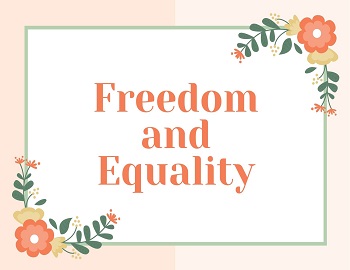

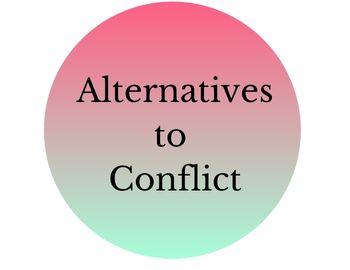

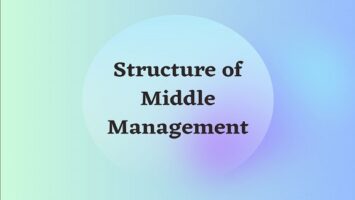


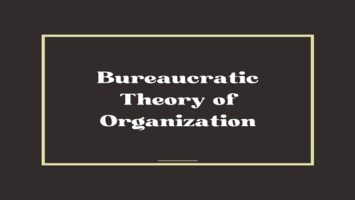
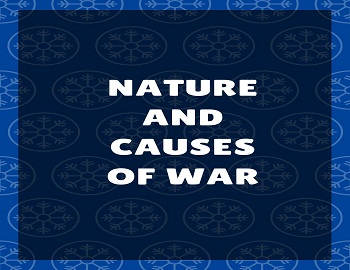
Comments (No)